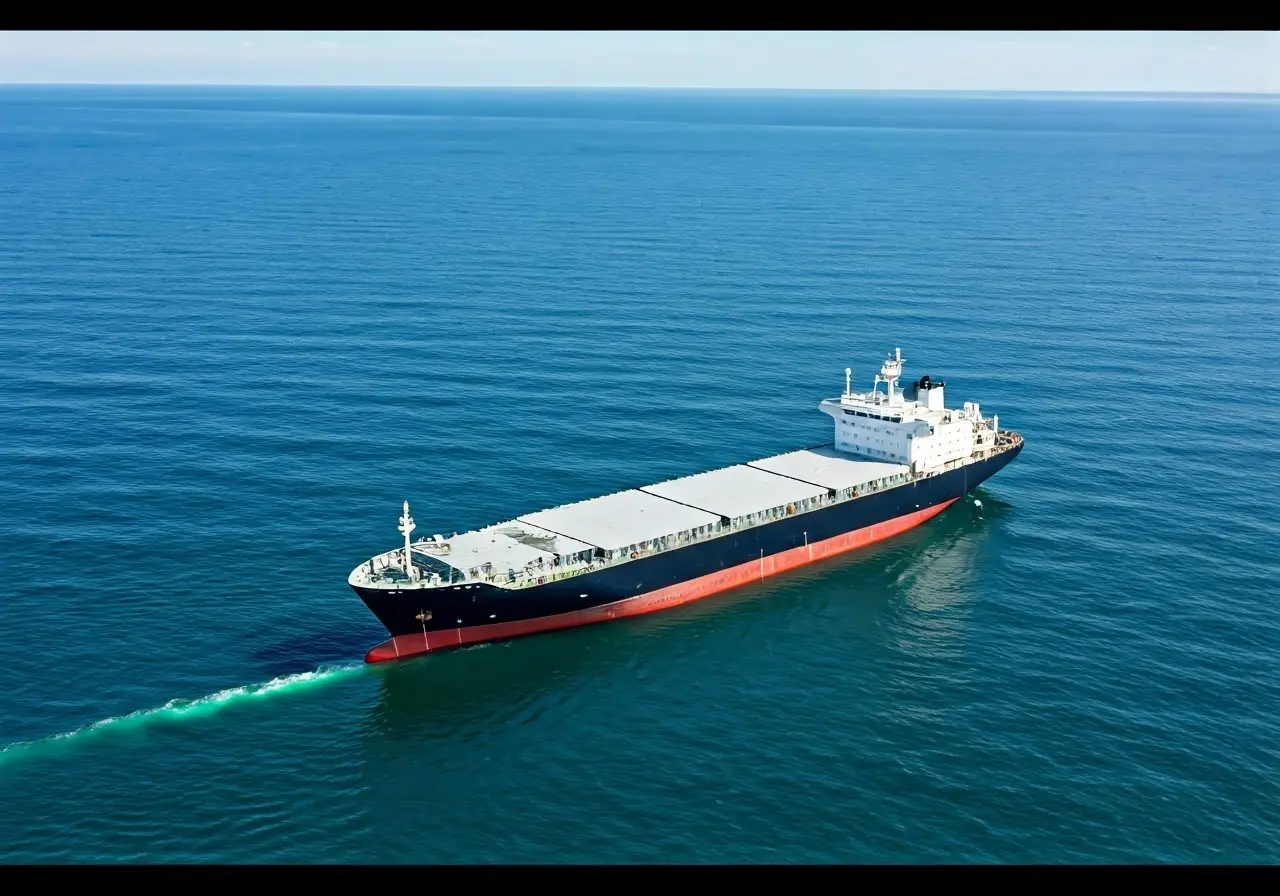How Can We Enhance Maritime Security Measures?
Maritime security is a crucial component of global safety and economic stability, ensuring that the vast expanses of our oceans remain secure from threats such as piracy, smuggling, and environmental hazards. In this FAQ, we'll explore practical ways to enhance maritime security measures around the world.
Understanding Current Threats to Maritime Security
Before we can enhance security measures, it's important to understand the existing threats such as piracy, smuggling, and cyberattacks that affect maritime operations. These threats have evolved, with tactics becoming more sophisticated, requiring constant vigilance and adaption.
Piracy remains a significant threat, particularly in certain regions like the Gulf of Aden and the waters around Southeast Asia. Pirates use fast boats and modern weapons, and often have insider information on a ship's cargo and route, highlighting the need for improved intelligence sharing among maritime nations.
Smuggling poses another challenge, as criminals use the vastness of the ocean to transport illegal goods such as drugs, weapons, and even human traffickers. This requires enhanced patrols and inspections at ports to mitigate the risk of illegal activities.
Cyberattacks are increasingly prevalent, targeting maritime infrastructures such as port operations and vessel navigation systems. These threats can disrupt operations severely, emphasizing the need for robust cybersecurity protocols and infrastructures.
Implementing Advanced Surveillance Technologies
Utilizing technologies like radar, sonar, and satellite tracking can help monitor vast ocean areas and detect threats early on. These technologies provide a comprehensive approach to spotting anomalies and unauthorized activities at sea.
Satellites play a critical role in maritime surveillance by offering real-time images and data that help in monitoring vessel movements and identifying potential security threats from afar. Their capability to cover large areas makes them indispensable in maintaining situational awareness.
The integration of Artificial Intelligence (AI) with surveillance systems can transform maritime security. AI aids in predicting and analyzing patterns, thereby enhancing the detection of unusual activities and facilitating quicker response measures.
Strengthening International Cooperation
Global collaboration is essential. Countries should work together to create standardized laws and joint missions to tackle security challenges. International partnerships foster mutual understanding and shared responsibility in safeguarding the seas.
Joint naval exercises are a practical measure to enhance cooperation. These exercises improve coordination between different nations' navies, allowing them to work together effectively in responding to maritime threats, thus strengthening regional security networks.
Collaborative intelligence sharing stands as a cornerstone of international maritime security. By sharing vital information on threats and suspicious activities, countries can prevent incidents before they occur, further ensuring safe maritime navigation.
Conducting Regular Training and Drills
Equipping personnel with the necessary skills through training programs and simulated exercises can prepare them to handle real-life security incidents effectively. Practical training ensures that maritime crews can respond swiftly and competently in emergency situations.
Regular drills can identify weaknesses in current security protocols and highlight areas for improvement. By practicing various scenarios, maritime personnel remain alert and ready for any eventualities they might encounter at sea.
Enhancing Cybersecurity Measures
As maritime operations become increasingly digitalized, safeguarding against cyber threats is vital to maintain the integrity of maritime infrastructures and data. Implementing strong cybersecurity measures, including firewalls and encryption, is necessary to protect against unauthorized access.
Training maritime staff on cybersecurity best practices is crucial. Personnel should be educated about the risks and taught how to recognize potential cyber threats, which helps in preventing breaches and attacks.
Collaboration with cybersecurity experts can bolster a company's defenses against attacks. These experts can provide insight into the latest trends in cybercrime and advise on updating security infrastructure to withstand new forms of threats.
Securing Our Waters for the Future
Enhancing maritime security is a multifaceted task that requires international cooperation, advanced technology, and a commitment to resilience. By staying informed and proactive, we can protect our oceans and ensure safe and secure maritime navigation for the future.

